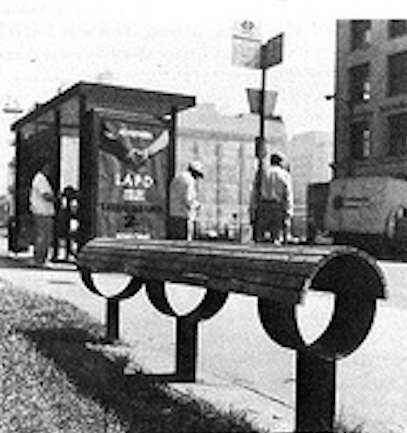 If you don't understand white supremacy you will only be confused by Racial Disparities in the Criminal "justice" system [MORE].
If you don't understand white supremacy you will only be confused by Racial Disparities in the Criminal "justice" system [MORE].
From [HERE] Due to expanding prison populations in the majority of states, the total U.S. prison population grew in 2013, according to a new report from the Bureau of Justice Statistics. The 1,574,700 inmates in state and federal prisons at yearend 2013 represent an increase of 4,300 prisoners since the previous year. (The rate of incarceration declined from 480 prisoners per 100,000 population to 478 per 100,000 during the year due to increases in the overall U.S. population.) The new figures come after three years of modest decline from a high of 1,615,500 prisoners in 2009.
“These figures challenge premature and overly optimistic forecasts of the end of mass incarceration,” stated Marc Mauer, Executive Director of The Sentencing Project. “Tackling the prison juggernaut will require broader reforms to reduce prison admissions and sentence lengths.”
An analysis of the new figures by The Sentencing Project documents the following:
- Prison populations affected in large part by trends in California.
The three-year decline had in large part reflected a substantial reduction in the prison population in California, as mandated by a U.S. Supreme Court decision. Although many states experienced at least modest prison declines in recent years, between 2009 and 2012 the California population reduction accounted for 84% of the national decline. The California decline stalled in 2013, with a 1.1% rise in the state’s inmate population.
- Substantial reductions in three states in the past decade.
Three states – New York, New Jersey, and California – have achieved prison population reductions of about 25% in recent years (1999 – 2012 in New York and New Jersey, and 2006 – 2012 in California). During this period crime rates in these states generally declined at a greater rate than the national average.
- Racial disparities in incarceration rates are profound, but declining.
Black men were 6 times as likely to be incarcerated as white men in 2013, and Hispanics were 2.4 times as likely. Among women, blacks were 2.2 times as likely to be incarcerated as whites, and Hispanics were 1.3 times as likely.
These figures, particularly for women, represent a substantial shift in the racial dynamics of incarceration since 2000. The rate of incarceration declined by 19% for black men from 2000 to 2013, and by 45% for black women. Conversely, incarceration rates for white men rose by 4% and for white women by 50% during this period. Changes for Latinos were modest: a decline of 7% for men and a rise of 10% for women.





















































































































































































































































































